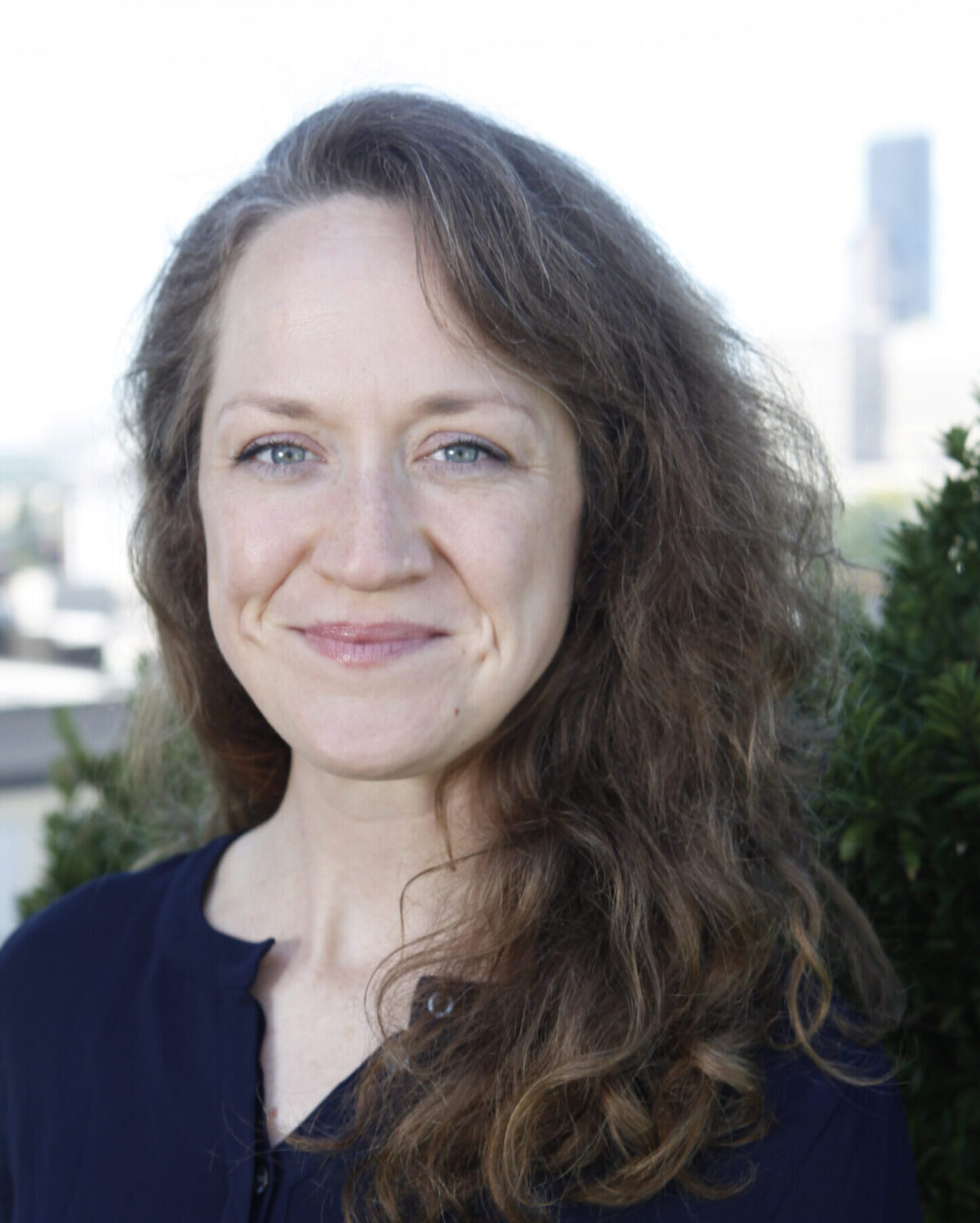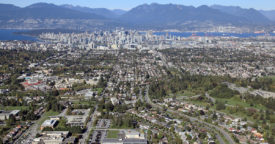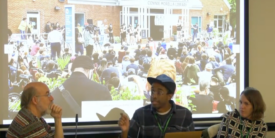Serena
To the girl who can never recall even her close friends’ respective birthdays (sorry, guys!), this is absolutely unfathomable: remembering, as an extreme sport.
The 9/11 Memorial Museum opened last week: here’s one unflinching reflection on the institution, from a man especially close to the event’s tragedy.
A Boston doctor treats lots of poor teenagers, many struggling with weight and nutrition problems. His prescription? Bicycles. And he even gets the city to pay for them.
I’m sure I’m not the only one who has found herself a little tearful or outraged while getting ready in the morning listening to another NPR story on the VA scandal in not treating its patients to adequate, timely care. It is profoundly sad and offensive. Yet we live in a world of many profoundly sad and offensive events, about which we are supposed to be perpetually outraged, and so, reflects Slate‘s John Dickinson, “We have nothing left when something genuinely terrible is exposed.”
This is fascinating: Buzzfeed founder Jonah Peretti published a paper in a cultural studies journal about ten years before founding the list-obsessed outlet that essentially explained exactly why it works:
In brief, the paper argues that, going forward, capitalism will need to be constantly producing identities for people to adopt at an ever-increasing rate. And now Peretti’s at the helm of a firm that’s doing exactly that.
I absolutely love this. Maybe not scalable to all of the homeless need in our communities (or is it?), but absolutely stunning for the impact. Note: there are two videos, the second being a how-to video from a couple in Tacoma. Go Washington!
Alan
How Vancouver, BC, got some of the most expensive real estate in the world, even though its per-capita income is like Reno or Nashville’s: globalist 1 percenters hedging their investments, according to the New Yorker.
Clark
Via Sightline pal Brock Howell, an astonishing photo essay showing where the world parks its unsold cars and trucks. (The original source is here, but some of the images have been taken down.) Unsold doesn’t mean unsellable—many of these locations are essentially temporary storage facilities, way-stations between manufacturers and dealers. So I’d ignore the text…it’s largely bunk, making unsubstantiated claims that these cars will just sit there and rust. But the images are real, and striking—a vivid demonstration of how much land we devote to storing cars. And there’s a real issue here: the Wall Street Journal and Automotive News are reporting that a massive glut of unsold vehicles on the market in 2014, with WSJ saying that it’s the biggest backlog since the great recession, suggesting that sites like these are even fuller with unsold cars than they usually are. If you care you can find some huge car storage facilities on Google Maps. Here’s Tacoma, and Baltimore, and some sites in England and Spain.
I haven’t read all of these, but they look interesting: Community Builders presents seven key forces that have tilted America’s land use patterns toward sprawl.
My favorite piece from this week’s issues of Sightline Daily was an article from the New Yorker, discussing how difficult it can be to get people to change their minds about facts. The upshot: strong beliefs that are critical to our political and social identities can be impervious to new information:
[N]ot all errors are created equal. Not all false information goes on to become a false belief—that is, a more lasting state of incorrect knowledge—and not all false beliefs are difficult to correct…
If information doesn’t square with someone’s prior beliefs, he discards the beliefs if they’re weak and discards the information if the beliefs are strong.
I found the article’s conclusion frustrating, though: it seemed to hold out the possibility for a strategy for correcting false beliefs by depoliticizing factual debates. “[T]he cross-party, cross-platform unification of the country’s élites, those we perceive as opinion leaders, can make it possible for messages to spread broadly.” But isn’t that just the problem? The nation’s party elites are precisely those folks who have defined their lives and careers around a particular set of beliefs—making those folks exactly the sort of people who are least able to change their minds about facts. Sigh.










